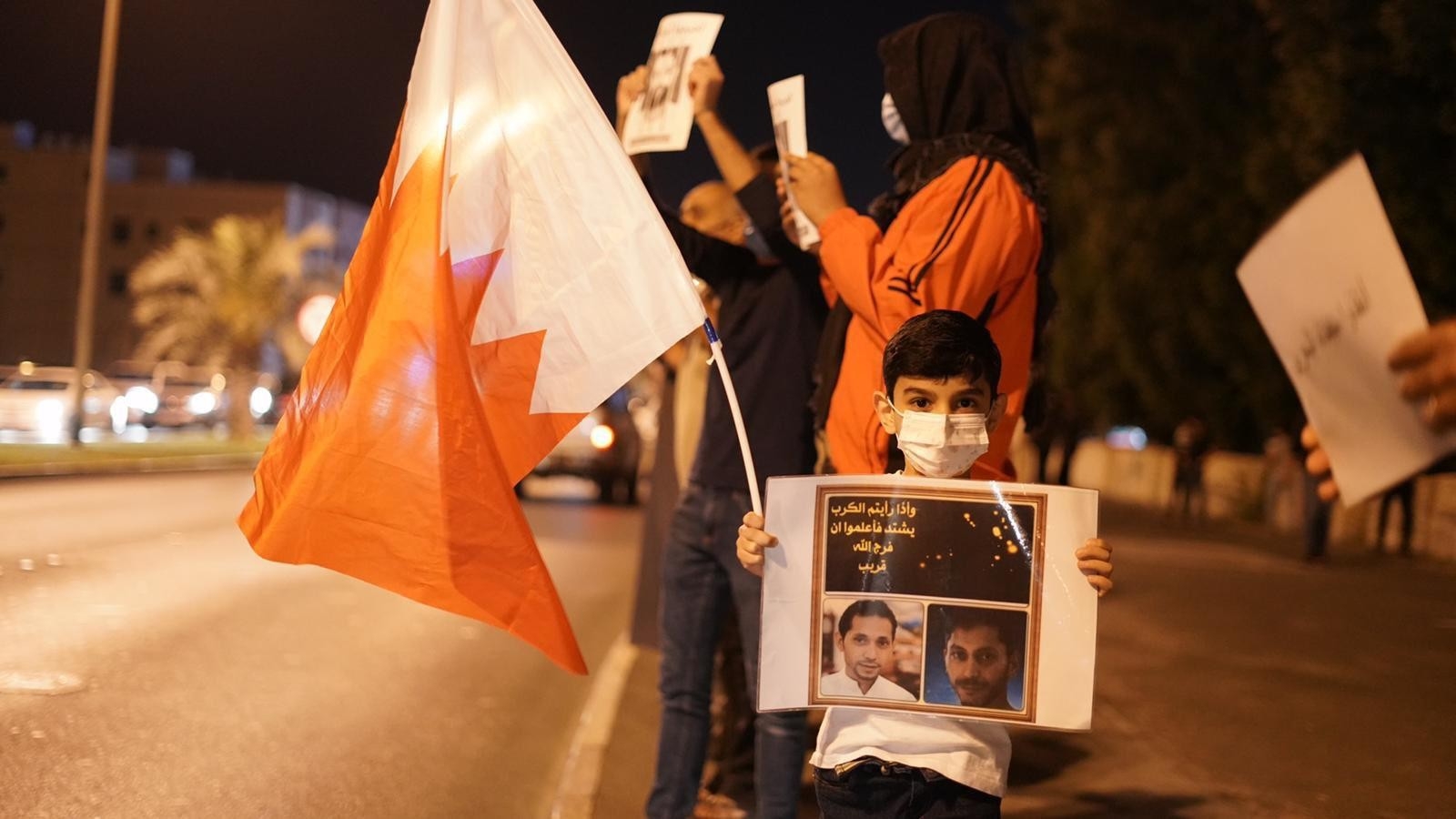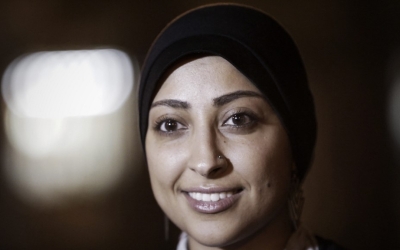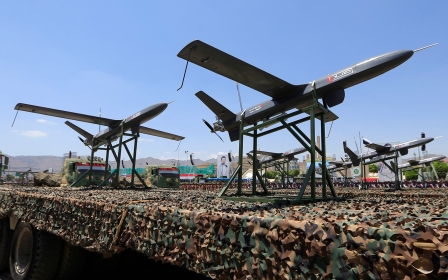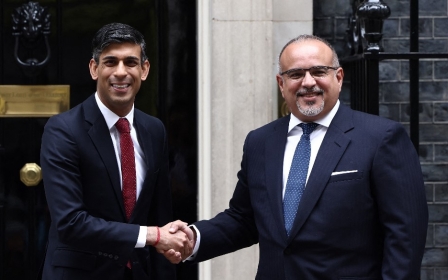Bahrain: Court sentences 13 who protested prison conditions during Covid

A Bahrain court has sentenced 13 political prisoners who protested against medical negligence in their prison at the height of the Covid-19 pandemic, a rights group reported.
The men were among over 60 prisoners abused and held incommunicado for more than a month after security forces and prison officers broke up the April 2021 sit-in in Jau Prison, according to accounts documented by the UK-based Bahrain Institute for Rights and Democracy (BIRD).
Middle East Eye has seen copies of notes made by Bahrain's Public Prosecution Office after interviews with three prisoners following the protest, detailing abuse including being struck repeatedly in the head with metal objects and held for days in handcuffs.
Prison officials involved in the alleged abuse have not been investigated, while the trial of 65 prisoners was "marred with severe due process violations", according to BIRD.
"This mass trial demonstrates a core problem in Bahrain's corrupt judicial system, where prisoners of state violence and victims of torture are condemned while torturers avoid any accountability," said Sayed Alwadaei, BIRD's advocacy director.
New MEE newsletter: Jerusalem Dispatch
Sign up to get the latest insights and analysis on Israel-Palestine, alongside Turkey Unpacked and other MEE newsletters
On Tuesday, the court sentenced 12 political prisoners to three years in prison, one to one year and a 50 Bahraini dinar ($132 USD) fine, and acquitted 52 others on charges including causing unrest and resisting prison police orders.
None of the defendants were present for the proceedings, according to court documents seen by MEE.
Niku Jafarnia, Yemen and Bahrain researcher at Human Rights Watch, said the sentencing made recent praise from American and British officials about the kingdom appear "farcical".
"The US and the UK just signed new deals with the Bahraini Crown Prince, and both countries have touted Bahrain for making 'some important strides and some important reforms'," Jafarnia said, referring to comments from a senior Whitehouse official.
"Yet Bahrain's continued violations of human rights are blatant... 13 men were just convicted with no due process and without any investigations into their detailed allegations of torture against the authorities."
Ongoing demands
The sentencing comes weeks after prisoners suspended a mass, 36-day hunger strike, the largest such strike in Bahrain's history, over conditions in Jau Prison after Bahraini authorities pledged improvements.
Alwadaei told MEE that there have been "some concessions" since the end of the strike, including the release of some political prisoners from solitary confinement. "It's a mixed message," he said of reports from prisoners inside.
He said there are ongoing meetings between prisoners, prison officers and National Institute for Human Rights' representatives to discuss the prisoners' demands. There is potential, he added, that the hunger strike could resume.
The 10-day sit-in in April 2021 erupted after the death of political prisoner Abbas Mallallah, whom prisoners said had been denied timely access to healthcare, and as rights groups said authorities were failing to prevent the spread of Covid-19.
According to reports and the accounts detailed to the Office of Public Prosecution, the protest was broken up by riot police who threw stun grenades and beat detainees, many of whom were badly injured. The UN High Commission for Human Rights said it was "disturbed by the use of unnecessary and disproportionate force" at what it described as "a peaceful sit-in".
In all three accounts seen by MEE, prisoners said that they had been beaten by the same police officer, Ahmed Farhan. One prisoner said Farhan told him "I will crush them, I will crush all the Shia", and tried to put a shoe inside his mouth.
Bahraini authorities have previously said that the demonstration was violent and that prison officials took proportionate measures to protect staff and inmates. They also said that detainees were moved to new facilities after the crackdown, but did not explain why they were not in contact with their families.
Bahraini officials did not respond to MEE's request for comment on Wednesday.
Middle East Eye delivers independent and unrivalled coverage and analysis of the Middle East, North Africa and beyond. To learn more about republishing this content and the associated fees, please fill out this form. More about MEE can be found here.





